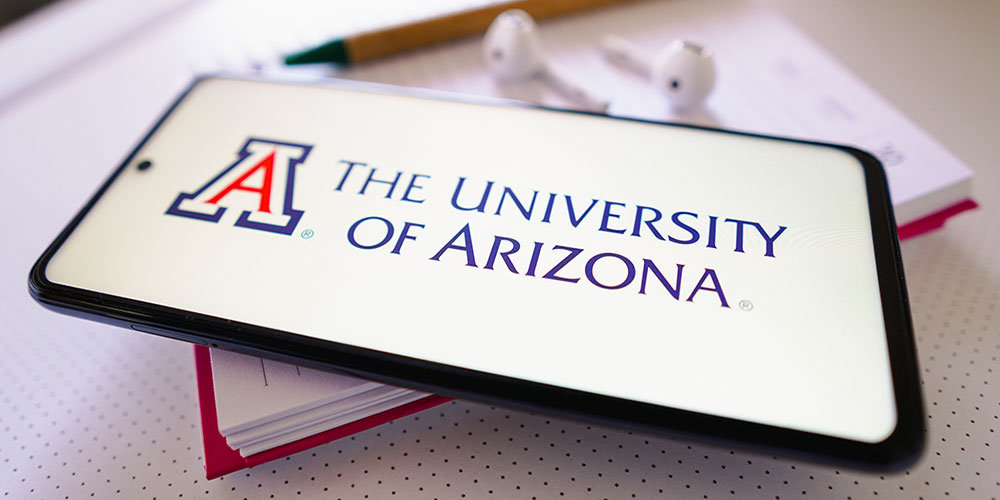TUCSON, Ariz. — A faculty-led committee established to investigate the University of Arizona’s safety protocols following the on-campus murder of a professor says it has disbanded due to lack of support from school officials.
“The committee has determined that certain recent statements and actions of the university leadership have materially impacted our ability to complete our inquiry,” the General Faculty Committee on General Safety For All wrote in a March 3 letter to the Faculty Senate. “Additionally, the university leadership’s public statement about the legitimacy and integrity of the committee created concerns that committee members might experience negative consequences for serving on the committee.”
Dr. Thomas Meixner, professor and head of the school’s department of hydrology and atmospheric sciences, was shot by a former student on Oct. 5. Meixner was taken to a local hospital immediately after the shooting where he was pronounced deceased.
The suspect, 46-year-old Murad Dervish, fled the scene but was apprehended several hours later by the Arizona Department of Public Safety. Dervish, who campus officials knew had a violent criminal record and was barred from the campus beginning in early 2022, had been sending Meixner and others distressing messages for months, reports Tucson.com. The victims made several attempts to report his behavior to numerous university departments, including the Office of General Counsel, the UA Police Department, the Office of Institutional Equity, and the Dean of Students.
The committee was created in direct response to the killing but was investigating campus safety as a whole. The group interviewed the various departments that allegedly knew about Dervish’s threatening behavior, combed through public records, and gathered feedback from listening sessions with relevant stakeholder groups. Its interim findings, released on Feb. 1, outlined four systemic failures within the school, including chronic trust issues, lack of a comprehensive risk management system, excessive bureaucratization and barriers to accessing services, and insufficient units to address safety concerns.
The same day the report was released, UA spokesperson Pam Scott questioned its credibility, stating the report “represents the work of a subset of faculty that has reached sweeping conclusions based in large part on misleading characterizations and the selective use of facts and quotations.” Scott’s response drew criticism from Meixner’s family, the Associated Students of the University of Arizona, and the entire UA Faculty Senate, which unanimously passed a resolution in support of the interim report’s findings, according to Tucson.com.
After Meixner’s murder, the university hired consulting firm PAX Group, LLC to examine its campus safety protocols. The university has not released any results from its outsourced report but UA President Robert Robbins said he hopes they can merge the findings from both reports “because we all have the same objectives, and that is to provide safety for faculty, staff, and students.”
However, the faculty-led committee said communication between its members, university officials, and PAX has not been productive since it released its report. The group said after officials characterized the report as misleading, they attempted to address the allegedly incorrect pieces of the report by reaching out to UA administrators but were deferred to Phil Andrew, principal of PAX. The group claims he has not responded to its request to collaborate.
The committee also said the lack of communication between the groups “sent a strong message to the entire community that only external experts selected by the university leadership and who report to the university leadership are positioned to engage in scrutiny and criticism.”
During a Feb. 6 Faculty Senate meeting, Robbins said he is the “sole person you can hold accountable” for the incident.
“Even though I did not know about these threats that were going on for a long time, I’ve been asked many times by the experts, ‘What would you have done differently?’ And I said, ‘Well, I would have called the FBI, I would have called others,” he continued. “I would have raised hell about things.”













